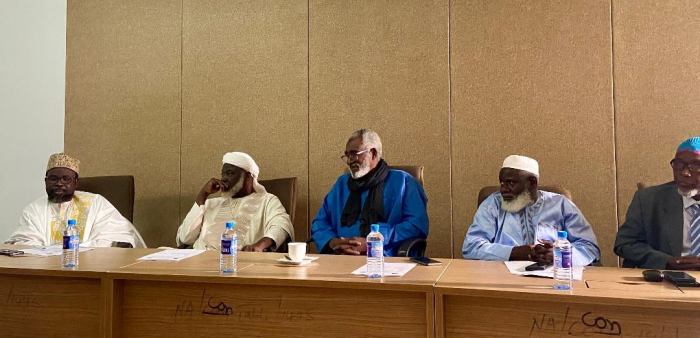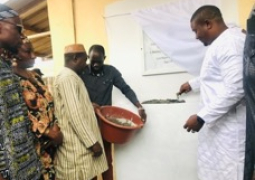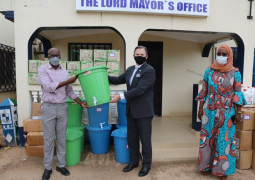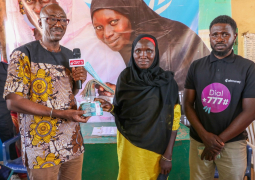
The concept of ‘Waqf’ is rooted in Islamic laws and traditions and refers to an endowment made by a Muslim for charitable or religious purposes, such as building mosques, schools, hospitals, or other public institutions.
Dr. Burama LG Jammeh, a member of the Finance Committee at the Supreme Islamic Council, who presented the council’s findings on the study visit in Senegal, disclosed that their visit to Senegal was to assess legal, institutional, and operational frameworks for ‘Waqf’ in Senegal and best practices for possible replication in The Gambia.
Dr. Jammeh acknowledged that government is not paying for Islamic education in Madrasass in the country and that they only focus on the English curriculum that is why almost everyone is learning in schools.
He also made reference to countries like Senegal, Guinea and Saudi Arabia that are also members of ‘Waqf’ and how they were able to benefit from various development programs and projects.
The lessons they learned from their visit to Senegal was to enactment of a comprehensive ‘Waqf’ Law, Establishment of an independent and empowered ‘Waqf’ Authority, stronger inter-agency collaboration and building trust through transparency and Islamic legitimacy.
Dr. Jammeh noted that the recommendations they came up with which is to draft and table a National Waqf Bill and sensitize policymakers and community leaders, thus urging lawmakers to support the ‘Waqf’ Law and budgetary provisions for ‘Waqf’.
Imam Hamat Jaiteh the Assistant Secretary General of English language Affairs at Supreme Islamic Council, said that when ‘Waqf’ is established in the Gambia, the country might not even have beggars in view of the fact that a country with 3 million, should not be facing that much challenges like poverty.
Read Other Articles In National News





